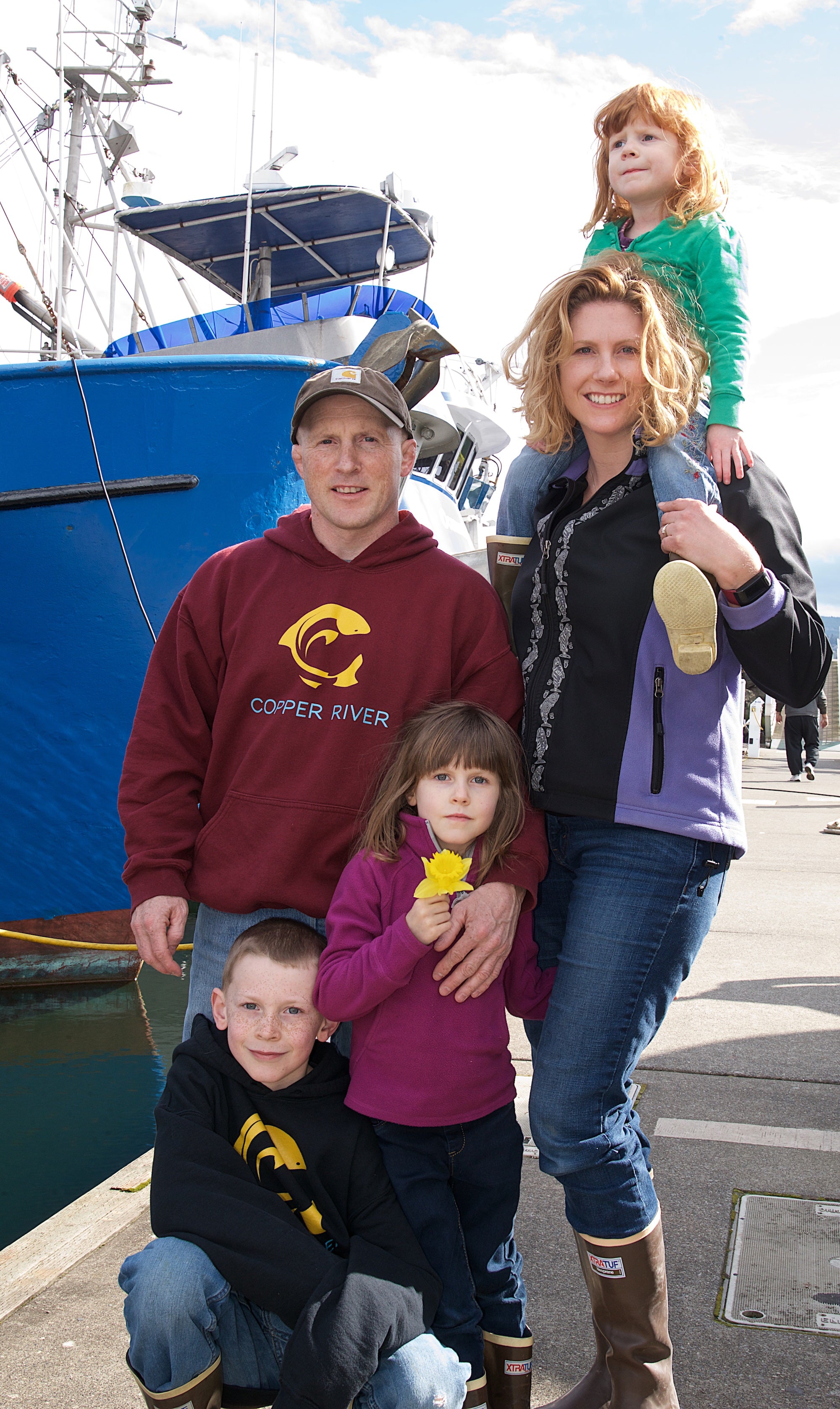"The oceans are dying. We don’t need to eat the few fish who are left."
I disagree.
While this sentiment is rooted in a desire to protect, it misses the deeper reality.
Because fishing isn't just something we do — it's something we’ve done for generations. It’s woven into the fabric of ecosystems, into communities, into the very balance of nature itself. In places like Alaska, fishing isn’t a threat — it’s protection.
Take the Copper River, for example. If we stopped fishing tomorrow, it wouldn’t be the win for nature that some imagine.
Millions of salmon would flood back, spawn, die, and their decomposing bodies would overwhelm the river, increasing acidity and killing the very fish fry that should carry on the next generation.
That’s not hypothetical. That’s what actually happens when the system is thrown out of balance, and a reality that is managed for in our current system.
Alaska’s commercial fisheries aren’t free-for-alls. They are some of the most tightly managed, closely monitored systems on Earth. On the Copper River, we fish only twice a week — and only when upriver fish counts meet our strict goals to allow fish for up-river communities, subsistence harvesters, and natural reproduction without fouling the river with too many carcasses. This isn’t a careless harvest. It’s a deliberate stewardship.
Now imagine if no one fished at all...
Who would be left to protect these rivers?
If wild salmon lose their value and small fishing communities collapse, who will defend the last untouched spawning grounds from mining, logging, and development?
Who will stop the bulldozers from tearing into the headwaters of the greatest wild salmon rivers left on Earth?
The Copper River is still entirely untouched — no mines, no mills, no clear-cutting. Not by chance. Because it's a valuable resource.
But if people stop eating wild salmon, the protection disappears.
Let’s be clear — we need better ocean management. We need large international no-fishing zones and enforcement of illegal fishing. But while the world works to fix what's broken, Alaska stands as the gold standard of sustainable fishing management.
So, if you care about the oceans, the rivers, the salmon, and the future —don’t stop eating fish.
Instead, be a conscious consumer. Choose wild-caught, domestic fish — even if it costs a little more. Because every dollar you spend is a vote for sustainable fishing regulations, clean water, healthy fish runs, protected habitats, and fishing communities who have been fighting to keep nature in balance for generations.
This is what I mean when I say: Eat wild to save wild.

